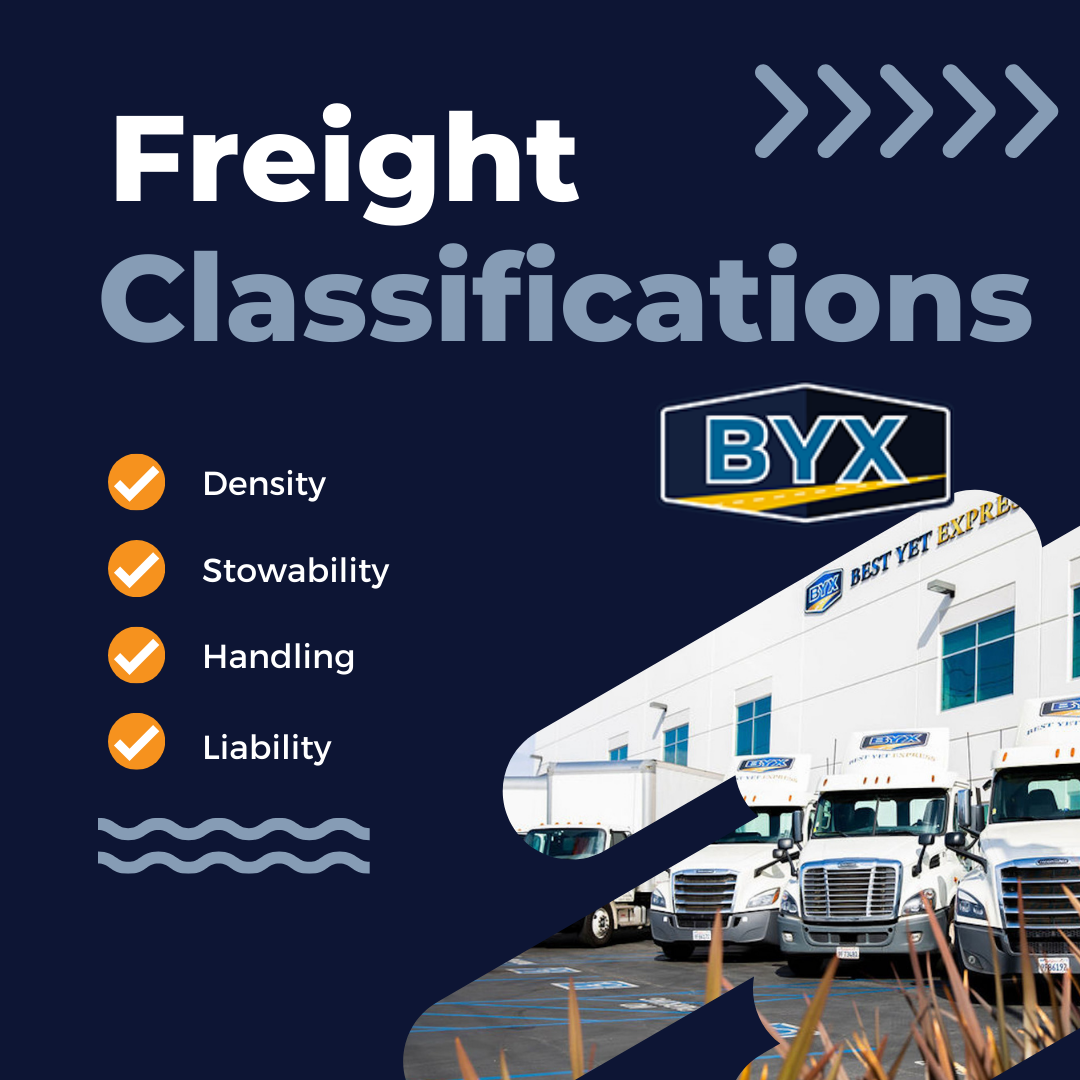Reports from the American Trucking Association show that nearly 70 percent of the total number of freight in the U.S. (about 10 billion tons each year) is moved by truck. This means that without trucks, the U.S. economy will come to a complete halt. Despite the importance of the trucking industry, its evolution has been impeded by fragmentation – with tens of thousands of trucking carriers requiring the services of brokers to transact with shippers.

The trucking industry is ripe for disruption and several mobile applications are making giant strides towards altering this long-standing paradigm. Let’s take a look at the ways in which these innovative apps are revolutionizing the logistics industry.
On-demand Trucking Apps
The Uberization of the logistics industry is no longer news. The international giant, Uber, after making its name in taxi transportation has turned its attention to the trucking segment of the logistics industry. Uber Freight was developed to promote direct connectivity between shippers and truckers via mobile applications, thus removing third-party logistics brokers.
Other start-ups in the logistics industry are also gaining traction, bringing with them on-demand platforms that will be a win-win for everyone concerned. The smart “trucking apps” developed by these companies incorporate features such as electronic billing/payment, seamless proof of delivery, turn-by-turn routing, and aim to provide fast and automated load matching based on a truck’s current location.
These apps were developed to remove the need for traditional freight brokers and undercut/eliminate the charges and high fees associated with their services while simultaneously delivering a more comprehensive and efficient logistics solution to customers. They offer huge benefits to trucking companies by improving asset utilization, reducing operational costs, lowering fuel consumption, and increasing overall revenue.
Since 90 percent of trucking firms operate with six or fewer trucks, an all-in-one application will help level the playing field, especially for those that aren’t able to afford the more traditional methods of managing freight delivery. For shippers, app-based marketplaces can boost access to on-demand capacity, at much better prices than that offered by traditional methods.
Automated Freight Brokerage
A wave of relatively new start-ups have deviated from the Uber for trucking descriptor followed by their counterparts and commenced what is now known in the industry as automated freight brokerage. Although they are similar in many ways to Uber, automated freight brokerage apps use an algorithm to match items, destination, distance, size and type of load that need hauling to drivers looking for the same parameters.
The app “learns” about the preferences of drivers and over time, will begin to offer more relevant loads to them. By making fees and pricing as transparent as possible, providing GPS tracking capabilities to shippers, matching shippers to the trucks they need, and drivers to loads they prefer hauling, these apps attempt to make shipping less stressful for all parties concerned.
Paperless Logistics Solutions
With their major focus on the digitization of truck driving back-office functions to make them paperless, apps like TransDigital are set to take the logistics industry by storm. The first truly paperless logistics application solution, TransDigital integrates modules for functions such as GPS tracking, imaging (BITs, medicals, registrations, license, etc), digital pre/post trips, e-signatures, digital DVIR, digital manifest, trailer tracking, and lifetime record keeping into a comprehensive logistics solution that brings the paperless revolution to the logistics industry.








